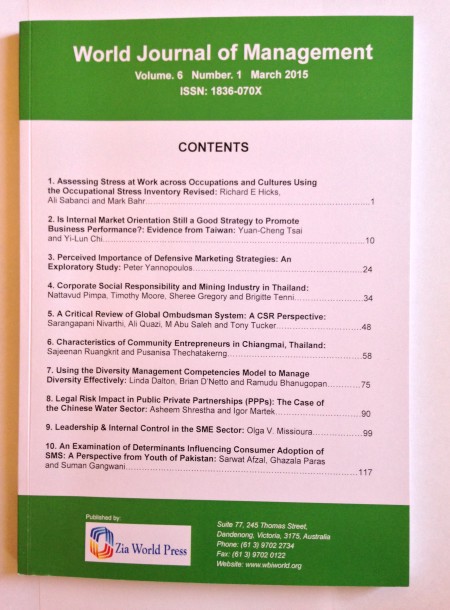Explaining Public Support for Climate Change Mitigation Policies – An Analytical Framework
Explaining Public Support for Climate Change Mitigation Policies – An Analytical Framework
The literature has identified many important drivers of climate change mitigation policy support behaviour (PS), such as perceived policy effectiveness (PE) and perceived adverse impacts of climate change (PI). However, it rarely explains the mechanism by which PE drives PS. Even though the literature warns against the over-use of PI in climate change communication, which is commonly known as the “fear appeal” approach, an explaining theoretical framework is seldom provided. Moreover, the literature also often neglects the extent to which the fundamental characteristics of mitigation initiatives affect policy preferences. This limitation derives from inadequate examination of the nature of the policies, as was as the deeper factorial structures of the behaviour’s determinants. Synchronising the social dilemma literature with major theories in the field such as the Theory of Planned Behaviour, the Risk Perception theory, the Extended Parallel Process Model, and the Risk Perception Attitude framework, this paper proposes an analytical framework that helps explain the variation in PS across the policies’ characteristics. The framework also suggests a mediating mechanism through which PE drives PS, and a moderating perspective, which may help theoretically verify the “fear appeal” caution. This paper also suggests that in addition to effectiveness, perceived policy feasibility should be included as an important aspect of individuals’ policy evaluation to explain PS. Discussions and further research suggestions are also offered.Key Words: Climate Change, Mitigation Policy, perceived policy effectiveness, Extended Parallel Process Model.

